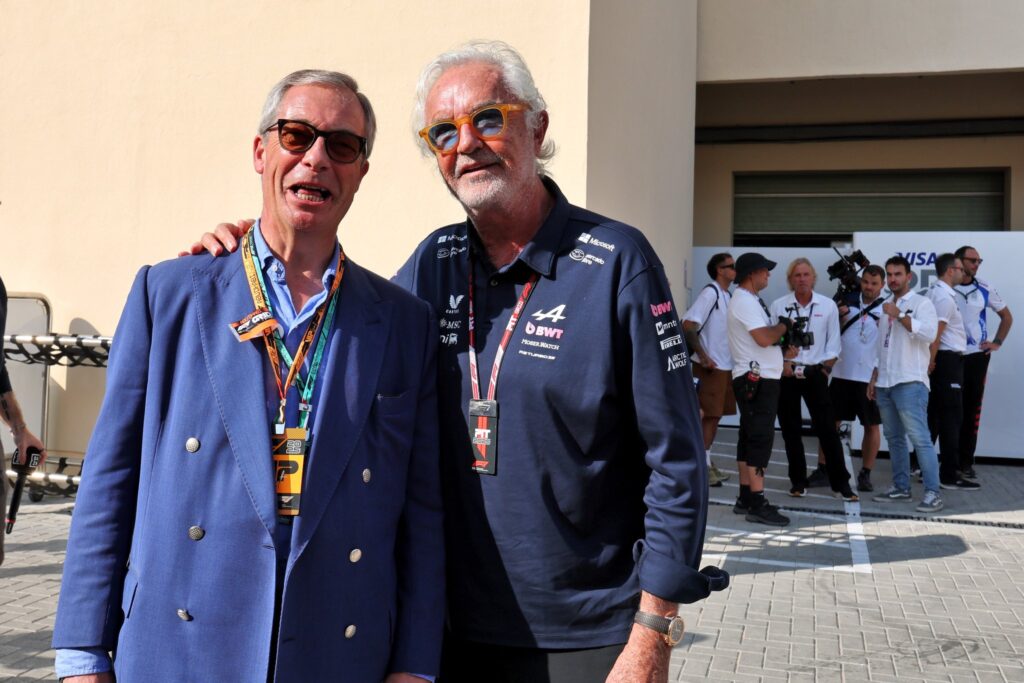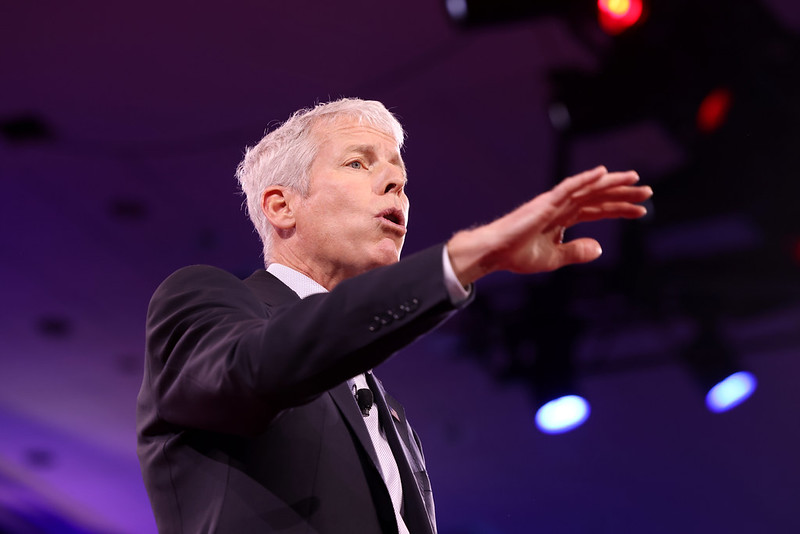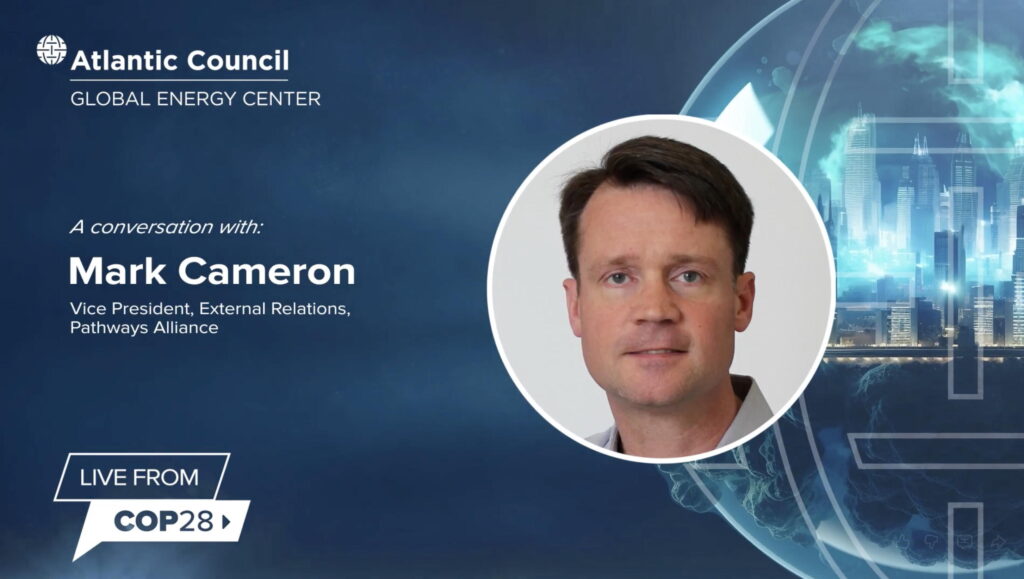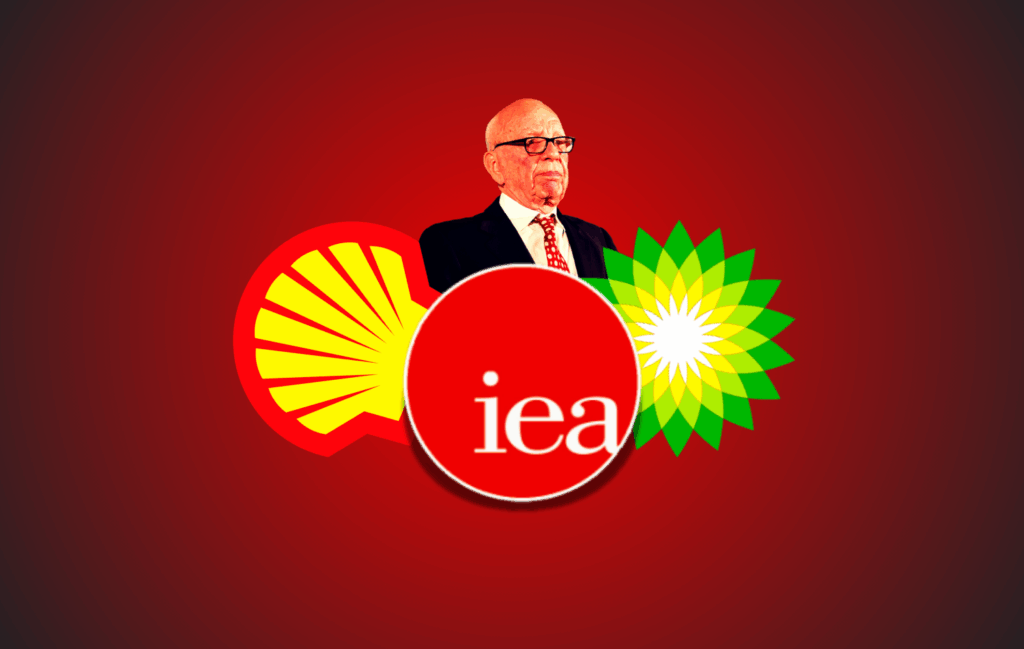DeSmog was launched in January 2006 to call out the public relations industry for working with fossil fuel industry clients to sow doubt and seed misinformation about climate science. In those early years, we focused most of our attention on the merchants of doubt who were scuttling political action to address global warming in the United States.
Little did we know that climate science denial was spreading throughout the English-speaking world, and we would have to follow it to the UK and beyond.
By the time the Climategate email hack happened in November 2009, we had already begun building our Disinformation Database of individuals and organizations responsible for spreading climate denial around the globe. And honestly, when we learned the identities of those behind the effort to push the stolen emails into the mainstream press, we were amused at the relative amateur ranks of the key promoters — a small number of bloggers and commenters whose voices were typically confined to the dark corners of denier chat rooms and blogs. But somehow, they achieved a minor miracle in generating massive media coverage of these out-of-context and stolen personal emails of climate scientists.
If you look at the biggest promoters of the Climategate conspiracy, you’ll find many of the same names of individuals and organizations populating our Climate Disinformation Database. Patrick Michaels, Anthony Watts, Myron Ebell. Some went on to bigger things — Ebell’s worked on the U.S. Environmental Protection Agency transition team for Donald Trump’s administration — and others have faded from mainstream view.
Keep DeSmog investigating climate science denial around the world!
Donate to DeSmog.com on Crowdrise and donate to DeSmog UK on Patreon.
The Moment the Media Blinked, and the Climategate Nontroversy Was in the Global Spotlight
Let’s step back in time to November 2009 and recount the improbable scene. DeSmog’s editor at the time, Kevin Grandia, arrived in Copenhagen for the annual UN climate summit with an extra piece of carry-on luggage — full of the 5-inch-thick print-outs of the stolen emails — which he had read on the plane. As we sat around our hotel room talking about the breaking news that had grown into a massive story on the eve of COP15, I recall how confused and angry he was after reading the whole set.
“They were incredibly boring, just a bunch of scientists bantering about work and life, like everyone else does on emails with colleagues. Whoever stole these and managed to gin up a controversy had to try really hard to cherry pick out of this pile of nothing,” Grandia reflected this week.
Yet it was among the worst possible scenarios as the manufactured story picked up steam and reporters starting regurgitating nonsense conspiracies without comment from the victims of the hack, the University of East Anglia climate scientists. Because they’d left their posts and apparently gone to the pub.
Somehow, a small handful of obscure climate science deniers had propelled the stolen emails out of the dark corners of the denier blogosphere into the mainstream media in a matter of 48 hours.
DeSmog’s research fellow at the time, Morgan Goodwin, dug meticulously through the online reveal of the stolen emails, compiling the definitive timeline in Climategate: An Autopsy.
Brendan Montague, who would become DeSmog UK’s founding editor a few years later, helped DeSmog to investigate and report on the abysmal performance of the UK police whose investigations into the theft received paltry resources. (You can read Montague’s account of Climategate’s legacy here).
Ten Years Later, DeSmog Still Plays a Critical Role
DeSmog’s coverage has expanded over the years, reporting on everything from the rush to build oil and gas pipelines across the globe to transport the products of fracking, to the Koch-, Exxon-, Mercer-funded attacks on clean energy and climate solutions, and the leveraging of climate science denial to push for deregulated trade-deals post-Brexit. Nevertheless, we remain committed to exposing the misinformation and disinformation blocking action to address the climate crisis.
Throughout the past 14 years, our tagline has remained “Clearing the PR pollution that clouds climate science,” and it’s a mission we’re still on.
We’re grateful to the millions of readers over the years for their support. And you can make sure we’re still around for the next (inevitable) misinformation campaign by supporting us with a donation.
Donate to DeSmog.com on Crowdrise, or donate to DeSmog UK on Patreon.
Main image credit: Annalise Batista from Pixabay
Subscribe to our newsletter
Stay up to date with DeSmog news and alerts






